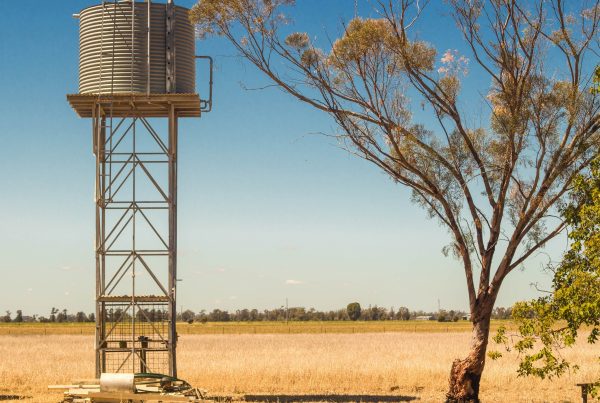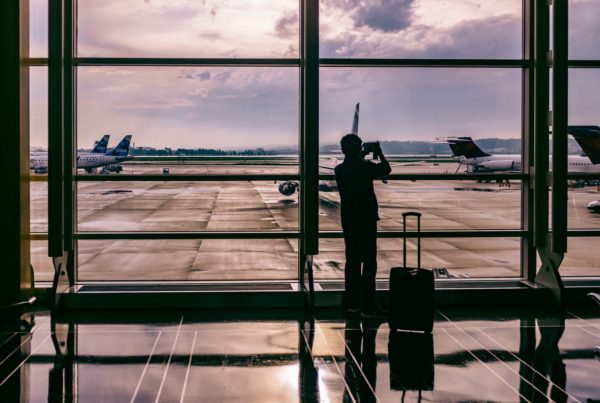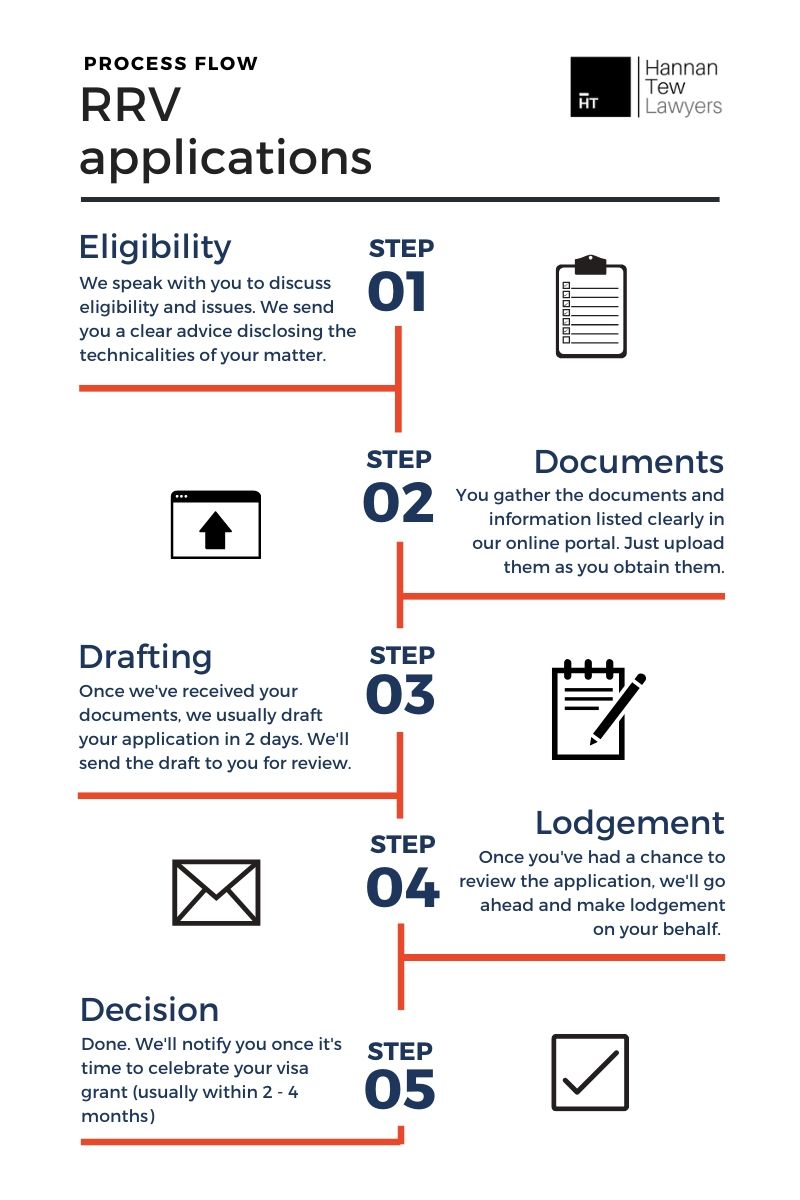The Resident Return visa (or RRV) allows you to maintain your Australian permanent residence.
Read our general information and document checklists in relation to these visa categories below. Contact us directly for specific advice.
Resident Return Visa (RRV)
Obtaining Australian permanent residence is an important decision and can grant you access to certain privileges (e.g. medicare) and also obligations (e.g. tax). For those who do not seek Australian citizenship, permanent residence must be maintained through Resident Return visas.
Target market
- Individuals who want to maintain Australian residence but do not want Australian citizenship
- Individuals who have spent significant periods of time outside of Australia and therefore are not yet eligible for Australian citizenship
- Individuals seeking to re-establish Australian permanent residence
Duration
- up to 1 year if you do not meet the residence requirement
- up to 5 years if you meet the residence requirement
Stream types
- lawfully present in Australia as a permanent resident or citizen for at least 2 years in the last 5 years
- lawfully present in Australia for less than 2 years in the last 5 years, but have substantial business, cultural, employment or personal ties of benefit to Australia and
- if lodging in Australia, must show compelling reasons for any continuous absence from Australia of more than five years or
- if lodging outside of Australia, must have been a permanent resident or citizen when you last departed Australia, and can show compelling reasons for any continuous absence from Australia for more than 5 years or
- if lodging outside of Australia, you departed Australia as a permanent resident or citizen less than 10 years before making the application, and can show compelling reason for absences over five years
- lawfully present in Australia as a permanent resident or citizen in less than 2 of the last 5 years, but are members of the family unit of a person who holds a subclass 155 visa, or who has also applied for a resident return visa and satisfied criteria for grant
Eligibility
Substantial ties of benefit to Australia
Applicants who have not lawfully been in Australia for 2 years of the last 5 before making an RRV application must demonstrate substantial ties of benefit to Australia. There are a number of ties which can be demonstrated. Not all of these ties must be demonstrated, but the claimed ties must be of substantial benefit. For further information, speak directly to your Hannan Tew adviser.
Business ties
- if the activities of the business have led to the creation of employment, in or outside Australia, for Australian citizens or permanent residents, evidence of downstream creation of employment in Australia should also be taken into consideration if there is a direct connection with the applicant’s business activities
- whether it generates revenue in or for Australia
- the size of the business
- if the business activity enhances links with other countries
- whether the activity has led to production of goods or services in Australia of merchantable quantity
- whether the business is actively trading at the time of application
- evidence of recent taxation assessments of the business in Australia
- evidence of exporting Australian knowledge and technology
- evidence of introducing new technology into Australia
Cultural requirements
- a person who is accepted as a member of a cultural community within Australia who is actively involved in traditional activities
- a person involved in the Arts at a professional level
- members of religious communities in Australia
- sports persons or professional support staff who are members of Australian sporting associations
Employment ties
- a relevant consideration is whether the applicant is employed in a permanent, temporary or contract capacity, and an agreed wage or salary is paid to undertake the work. Casual work would not normally be considered to be a substantial tie unless the applicant had been living in Australia for a significant period in the last 2 years
- an applicant’s substantial employment tie may be of benefit to Australia if the applicant is currently employed in Australia
- if the applicant has not commenced work but has accepted an employment offer, consideration should be given to whether the employment offer is consistent with their qualifications and experience. In such cases, the immediacy of the commencement of employment would be an important factor
- employment outside of Australia may be considered to have employment ties if employed by:
- an Australian organisation (for example, a company, university, college, religious organisation)
- a Commonwealth, State, territory or local government organisation
- the Australian office of an international charity organisation or
- a representative of Australia in an international organisation which the International Organisations (Privileges and Immunites) Act 1963 applies
Personal ties
- has a history of long term residence in Australia prior to the last 5 years, particularly, if the applicant has spent their formative years in Australia or has spent a significant amount of time in Australia since first being granted a permanent visa. Under policy, the greater the proportion of their life in Australia since first being granted a permanent visa, the more weight this should be given
- has been living outside Australia with an Australian citizen partner or, in the case of a minor child, Australian citizen parent, who has previously lived in Australia. Such situations should be given considerable weight as their Australian citizen partner or parent has an automatic right of entry to Australia
- has been living in Australia for more than 12 months in the last 5 years, including as a temporary resident
- has one or more Australian citizen minor children living in Australia (including at boarding school) where no legal impediment to access exists
- has been living overseas with their family unit, including Australian citizen minor children, and the applicant provides evidence of imminent plans to return to Australia with their family to live (this tie should be given considerable weight)
- has personal assets in Australia, for example family home or single investment property – although ownership of a family home or investment property in Australia may help substantiate a personal tie, whether there was a benefit to Australia will depend on whether it is occupied, for example, by a close family member or actively being rented
- has close family members (that is, of a type for which family reunion might be available under the Family Stream of the Migration Program) who have substantial residence in Australia and are Australian permanent residents or Australian citizen
Eligibility
Compelling reasons for absence
Generally speaking, if you have been absent from Australia for more than 5 years (i.e. you are attempting to re-engage your permanent residence) you will need to demonstrate compelling reasons for that absence. For further information, speak directly to your Hannan Tew adviser.
Examples
- severe illness or death of an overseas family member
- work or study commitments by the applicant or the applicant’s partner that are of a professional nature, in circumstances where the acquired experience results in a benefit to Australia
- the applicant is living overseas in an ongoing relationship with an Australian citizen partner
- the applicant or the applicant’s accompanying family members have been receiving complex or lengthy medical treatment preventing travel
- the applicant has been involved in legal proceedings such as sale of property, custody, or contractual obligations and the timing was beyond the applicant’s control
- the applicant has been caught up in a natural disaster, political uprising or other similar event preventing them from travel
- the applicant can demonstrate they have been waiting for a significant personal event to occur that has prevented them from relocating to or returning to Australia. The period of time for any such event would have to be reasonable in its context, for example:
- a 12 month delay while waiting for a dependent child to complete their schooling or a tertiary qualification is likely to be a decision that a reasonable person, facing the same set of circumstances would make
- waiting to relocate to Australia for several years until a dependent child completes their schooling or course of study would not generally be considered to be a decision a reasonable person would make
Documents
Resident Return Visa (RRV)
The actual documents you require are dependent on your particular circumstances including (but not limited to) your family members, your health and character, your identity and whether or not you need to demonstrate substantial ties. Your Hannan Tew adviser will provide you with a link to the Hannan Tew portal which will set out the specific documents required.
Identity, health and character
- biographical pages of your current passports or travel document
Family relationships
- passport bio data page for each family member
- birth certificate for each family member (translated)
- if in a married relationship, a copy of your marriage certificate (translated)
- if in de facto relationship, evidence of at least 6 months of (i) shared finances (bank / credit card statements) (ii)living together (lease, correspondence at same address) and (iii) social (messages to each
other) - if children are between 18 and 23, evidence of financial dependency: (i) reside in the same household (E.g. correspondence to the same address) (ii) financially dependency (e.g. bank statements) (iii) studying (E.g. university enrolment)
- if including a child under 18 where a parent is not included, evidence of custody (legal documents and Form 1229)
Substantial business ties
- company reports defining your role and authority
- business transactions
- partnership or joint venture agreements
- contracts showing your signature
- business or personal records.
Cultural ties
- publications written by you
- contracts
- evidence of membership of cultural associations
- newspaper articles about you
- programs listing your artistic or cultural performances.
Employment ties
- employment contracts
- recent official documents such as group certificates
- employee identification or security pass
Personal ties
- history of long-term residence in Australia (utility bills, bank statements, travel record, permanent visa decision, school records)
- evidence of Australian citizen partner or, in the case of a minor child, Australian citizen parent, who has previously lived in Australia (copies of birth certificates, marriage or citizenship certificates of partners and children)
- evidence of one or more Australian citizen minor children living in Australia (including at boarding school) where no legal impediment to access exists (school reports, proof of residence of family home
- evidence of returning to Australia after living overseas with your family unit, including Australian citizen minor children (plane tickets, property purchase documents, school enrolments, moving receipts)
Process
Resident Return Visa (RRV)
We’ll advise and guide you from assessing eligibility to lodgement stage. We use an online document / information collection tool so that all your files and information are stored in one single location. You can use the Hannan Tew Portal to track the status of your matter and have a complete overview of documents required and provided.
Resident Return Visas
Frequently Asked Questions
How do I check how many days I have been in Australia?
It can be tricky to keep track of the number of days you have been in Australia. Fortunately, the Department of Home Affairs keeps this information and it can be obtained by completing this Request for international movement records form.
What is the maximum number of RRVs I can be granted?
There is no limit to the number of RRVs can be granted as long as you satisfy the relevant visa requirements. That is, numerous RRVs on the basis that you intend to relocate to Australia could be problematic as repeated applications indicate that you do not in fact intend to relocate to Australia.
I lodged my citizenship application and I need to travel. Do I need to apply for a Resident return visa for my travel if my permanent residency visa has expired or will expire before I return to Australia?
Yes you still need a valid visa to enter Australia if you do not have Australian citizenship yet.
How long is my RRV valid for?
If you have been in Australia for at least 2 years out of the 5 years as a permanent resident you can obtain an RRV that is valid for 5 years.
In other cases, the longest you can get an RRV for is for 1 year.
Can I include my family in my RRV application?
Although members of a family unit may be able to obtain an RRV on the basis that you have one (or are eligible for and applying for one) be aware that each individual must submit their own RRV application.
Does the RRV permit me to work?
Yes, the RRV is a permanent residence visa with full and unlimited work authorisation.
Disclaimer
The information contained here is offered for informational purposes only and does not constitute legal advice or give rise to an attorney-client relationship between you and our firm. The information: (i) must be regarded as a practical guide for general information and not a process guide for determining the specific immigration requirements of the countries covered, (ii) should not be a substitute for a more indepth analysis of applicable facts and circumstances conducted by competent professionals, and (iii) does not represent an opinion from Hannan Tew or any of its agents with regard to the laws of any of the jurisdictions concerned. The information does not guarantee the outcome or approval of any particular immigration application.
What can we do for you?
With extensive experience representing individuals from all over the world, our staff are well placed to assist with all issues in relation to the Resident Return Visa process, including (but not limited to): demonstrating substantial ties, demonstrating compelling reasons for absences and complex family relationships.
The latest Resident Return Visa
blogs, written regularly

What are “compelling circumstances” for a Resident Return Visa?

What constitutes “substantial ties” for a Resident Return Visa?

How can you extend the travel facility of your permanent visa through a Resident Return Visa?



